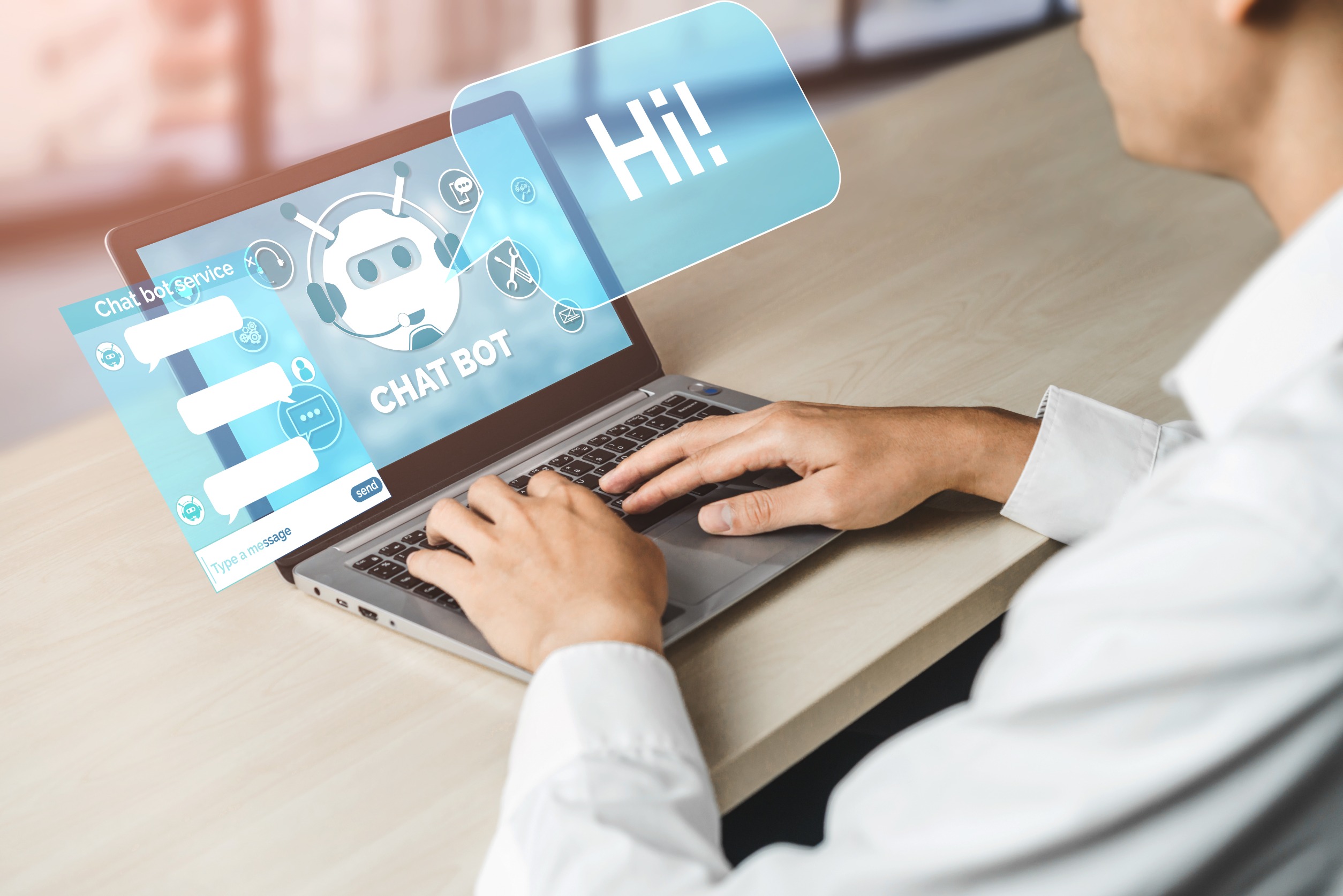Unleashing human potential in an age of AI

The use of artificial intelligence (AI) in the workplace is not new and has been applied in areas such as recruitment, onboarding, and employee engagement, many times to great effect.
While organisations have for many years attempted to define the optimal relationship between employees and technology, the recent emergence of ChatGPT has refocused the spotlight on AI in particular.
According to a recent survey by market research and analytics company The Harris Poll, 60% of employees in the US are optimistic that generative AI tools and platforms such as ChatGPT will make them more productive at their jobs, while 40% of employees expressed concerns that their jobs will be replaced.
Are these fears unfounded or should organisations be cautioned against prioritising technology over people, arguably an organisation’s most valuable asset?
Diana Wu David, Work Futurist and CEO, Future Proof Lab, told HRM Magazine Asia, “Sometimes, companies miss the point of technology as a way to amplify the value that humans can bring to their business. We tend to look at a shiny new rollout of onboarding technology as a cost saving and process improvement method, without considering how the human pieces of the equation fit in.”
Drawing an analogy from the world of hospitality, she continued, “The opportunity to have data on your customers can be uniquely empowering for employees from marketing to front desk to housekeeping. I am willing to give you my data as a customer so that my experience is more tailored.”
“When this works wells, the data you have about my favourite type of pillow, the fact that I have shined my shoes on every single trip or even the fact that I received a marriage proposal in your hotel, could lead to a human level of ingenuity and empathy that makes a hotel stay a transformative experience and loyalty a foregone conclusion.”
When technology fails, however, the experience can be a completely different one, as Diana found out recently on a hotel stay. Despite the best efforts of a dedicated front desk employee, neither Diana nor the hotel employee was unable to access her online booking.
She added, “The employee at the front desk was empathetic and could have had all the empowerment and information at her fingertips but the technology failed to amplify her ability to make the experience great.”
Explaining how this is hardly an uncommon occurrence across multiple B2B and B2C client interactions across industries, Diana urged organisations to consider and compare this to a typical onboarding process for an employee.
“Does the onboarding process think about the employee as a person, or is onboarding a necessary evil of filling out physical or offline forms? Does the process check the box on what the system needs, or what the employee needs?” she asked.

“Sometimes, companies miss the point of technology as a way to amplify the value that humans can bring to their business. We tend to look at a shiny new rollout of onboarding technology as a cost saving and process improvement method, without considering how the human pieces of the equation fit in.” – Diana Wu David, Work Futurist and CEO, Future Proof Lab.
Where generative AI is concerned, it is almost certain to affect livelihoods around the world, Diana predicted, referencing a recent study by Goldman Sachs, which highlights how 300 million jobs could potentially be impacted by generative AI technology. Conversely, generative AI could also spark a productivity boom that would add 7% to global GDP and create new jobs, said Goldman Sachs.
How AI will eventually impact the workplace, is likely to be determined by how the integration of technology is managed across organisations. Engaging employees early in the process to understand how jobs can be augmented is key.
How AI can potentially shape work and lives
For AI to have a net positive on workplace strategies, organisations need to take a human-centric approach that allows employee experiences to be amplified, as opposed to simply throwing new technologies at problems most people do not have a solution for, said Diana, who added, “It is about how to be engaging, inspiring and productive.”
AI and other technologies, she added, possess the power to make work potentially less grinding, depending on how organisations move forward. For example, can employees who work for 40 hours a week now reduce that total by half?
Diana suggested, “The reason that AI is a fearful proposition for many people is because of losing corporate benefits when going ‘part time’. We, as a society, made up that number to adapt to an industrial age, and regulations and norms started growing around that.”
She highlighted the recent 4-day workweek trial in the UK, which reported increased employee engagement and revenue, as examples of changing mindsets, which can in turn potentially improve the capacity of employees. AI has the potential to for us to supercharge productivity and enhance work-life balance if leaders and HR professionals take a skills-focused approach rather than a job-focused approach.
“We’ve seen research that shows that less structured time, or the famed 20% of time spent on things not directly related to output at work, can increase productivity and innovation. Machine learning has the potential to automate repetitive work and generative AI has the potential to expand our creativity, let us play and offer more ideas and personalisation to clients and employees.”
As for how AI will continue to impact the future of work and how organisations can harness human potential in an age of AI, Diana sees this as a paradigm shift akin to the advent of the Internet or electricity.
“We now use generative AI to generate our social media summaries for newsletters and APIs are now embedded into my presentation software and our online courses platform.”
“I am using these technologies to enhance critical thinking in assignments for my MBAs and friends of mine are using them for coding, analytics and even performance reviews. All of this will lead to a huge impact on the future of work as we adopt an AI co-pilot for key tasks. Ensuring that we stay in the pilot seat will be the work of the next decade,” Diana concluded.
To find out how you can unleash human potential in your organisation in an age of AI, join Diana at HR Tech Festival Asia 2023, on May 10 at 11.30am (SGT). In her keynote presentation , Diana will share stories of how organisations and their leaders are trying to harness AI and emerging technologies to augment human potential and succeed in a new world of work.



